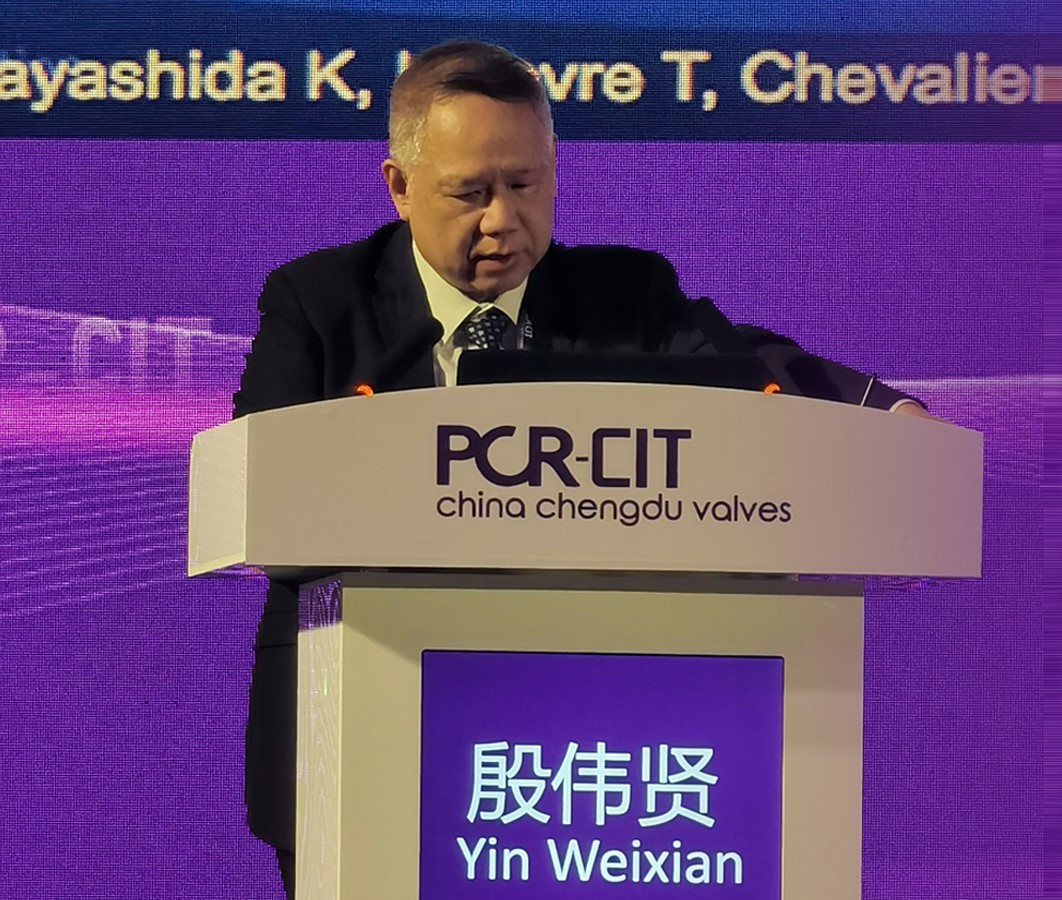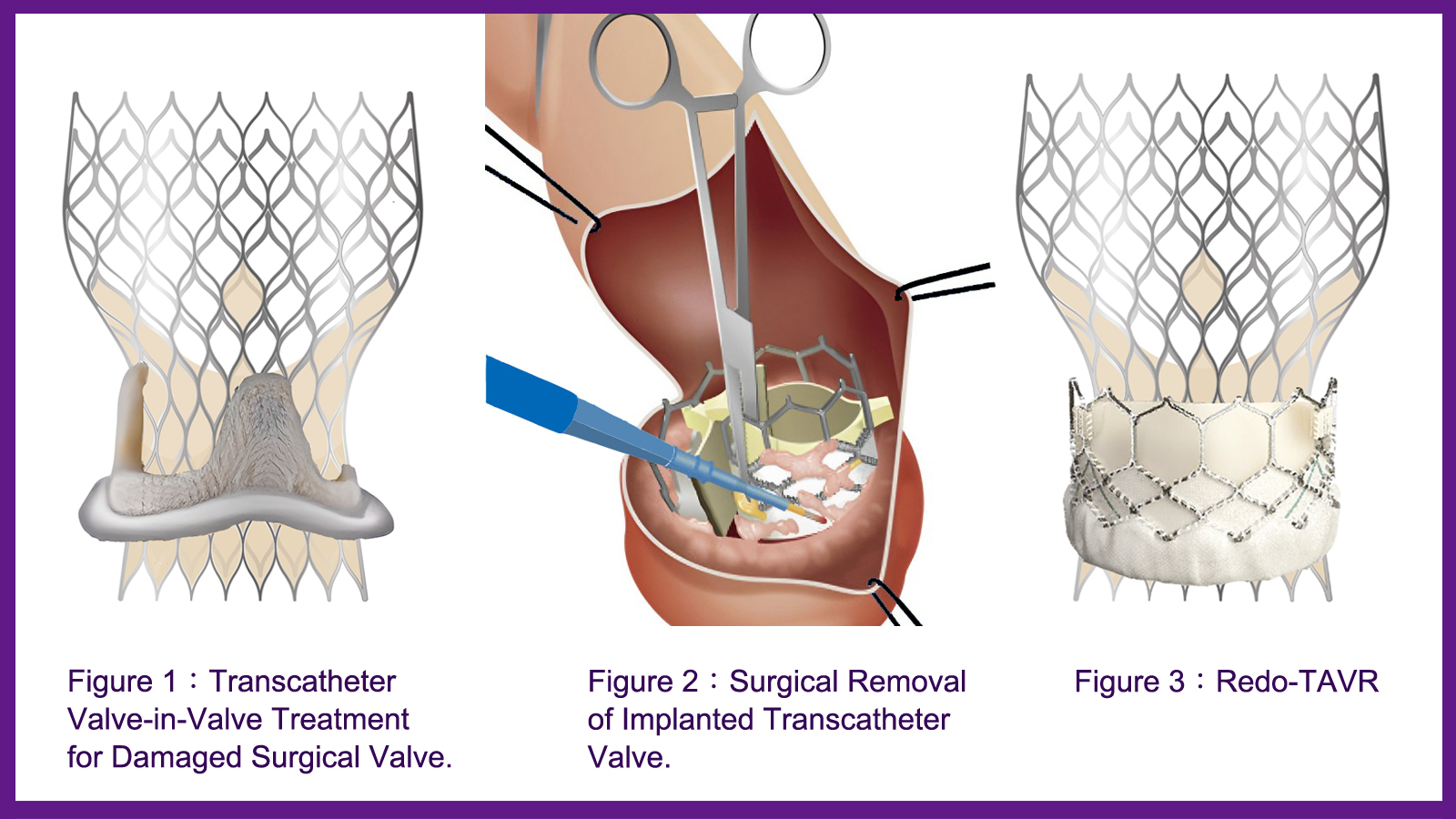Cheng Hsin General Hospital’s Cardiac Team Invited to Share Their Successful Experiences in Transcatheter Aortic Valve Replacement at PCR-CIT China Chengdu Valves Conference


Over the past two decades, bioprosthetic valves have been preferred over traditional mechanical valves in surgical valve replacement procedures to avoid postoperative anticoagulation complications. However, as these bioprosthetic valves wear out over time, patients are faced with the risk and discomfort of potential reoperation. A decade ago, our hospital introduced the innovative ‘transcatheter valve-in-valve’ technique to repair damaged surgical valves. This minimally invasive procedure involves inserting a new transcatheter valve, achieving a remarkable success rate of up to 98% and enabling rapid postoperative recovery. This technique has significantly reduced the need for repeat open-heart surgeries. In the last ten years, our team has successfully completed over 150 ‘valve-in-valve’ procedures, boasting the highest volume and success rate in Asia (refer to Figure 1).
Cheng Hsin General Hospital has also excelled in using the ‘Redo-TAVR’ procedure for re-damaged transcatheter valves. Since Taiwan approved Transcatheter Aortic Valve Replacement (TAVR) for treating aortic valve stenosis in 2013, thousands have benefited from it. A decade later, approximately 3% of patients with transcatheter aortic valve implants experienced valve deterioration and required retreatment. Surgical extraction of these valves is challenging (as shown in Figure Two), with the surgery posing risks above 10% and an annual mortality rate of up to 25%. As a result, ‘Redo-TAVR’ (illustrated in Figure Three) has become the preferred method for treating deteriorated transcatheter valves, which involves placing a new valve within the old one to restore its function.
The ‘Redo-TAVR’ procedure, which entails implanting a new transcatheter valve within an existing one, is technically more complex than the initial operation. It requires careful consideration of factors like coronary artery protection and the impact of overlapping dual-layered metal valve scaffolds on blood flow. Our cardiac valve team, with their extensive experience in managing deteriorated bioprosthetic valves, has successfully performed numerous ‘Redo-TAVR’ procedures, achieving successful outcomes in all cases.
Vice Superintendent Prof. Yin Wei-Hsian, on behalf of our cardiac team, shared these successful experiences at the PCR-CIT China Chengdu Valves conference on November 4, 2023, in Chengdu, Sichuan. His presentation, highlighting the use of ‘Redo-TAVR’ for treating damaged transcatheter valves, garnered significant attention and praise. Experts from various medical centers in mainland China and worldwide were deeply impressed by our hospital’s collaborative approach between cardiovascular and cardiac surgery departments and its extensive experience in the field.




 Mon~ Fri 8am~5pm.
Mon~ Fri 8am~5pm.


 WeChat: @chgh-ims
WeChat: @chgh-ims

